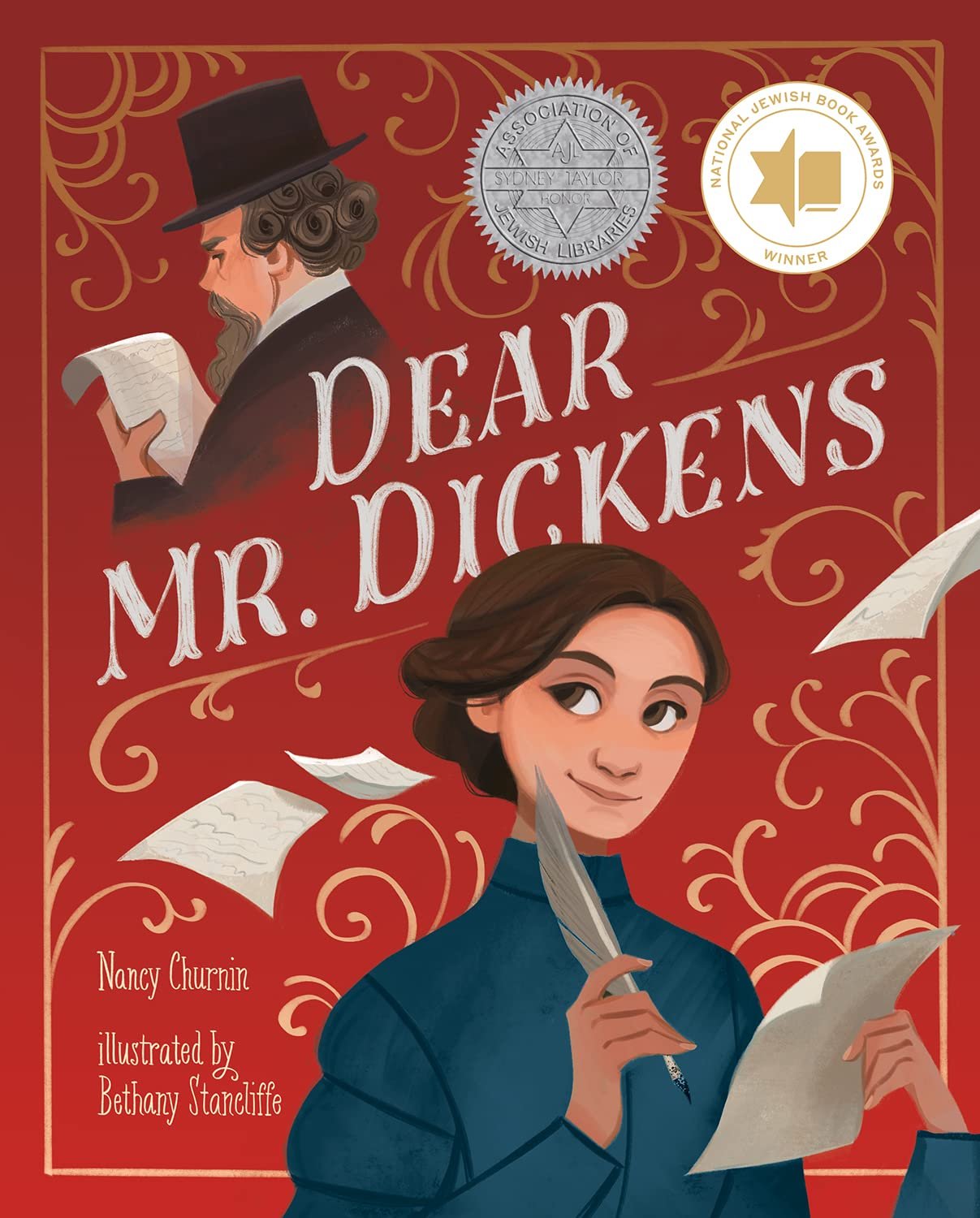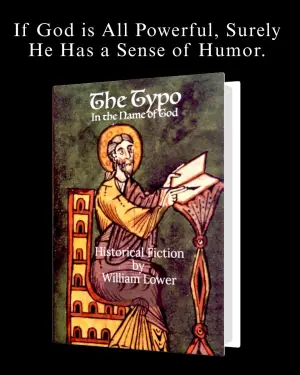
04 Jul Book Review of Dear Mr. Dickens
A Heartfelt Journey Through Time: Reviewing Dear Mr. Dickens
When I first stumbled upon Dear Mr. Dickens by Lucy Hughes-Hallett, I was instantly intrigued. The premise—a correspondence between a Jewish reader and the iconic novelist Charles Dickens in the 1860s—promised to delve into both the power of literature and the complexities of cultural identity. As someone who has always admired Dickens for his empathy and social criticism, I couldn’t help but wonder how this historical fiction would explore the tension between admiration and disappointment, especially through the eyes of a character like Eliza Davis.
At its core, Dear Mr. Dickens is a profound exploration of the impact of literature on societal values and individual lives. Eliza Davis, an avid reader of Dickens’ work, pens her first heartfelt letter to him, expressing her admiration for how his stories illuminate the struggles of the downtrodden. However, her joy takes a turn when she encounters his portrayal of Fagin in Oliver Twist, described as “the old shriveled Jew.” The pain of this cultural misrepresentation strikes deep, almost like a hammer against her heart. Hughes-Hallett captures this internal conflict beautifully, portraying Eliza’s vulnerability as she grapples with her love for Dickens’ compassion and her hurt over his careless prejudice.
The writing itself is lyrical and poignant, perfectly embodying the historical context of the period while giving Eliza a voice that feels genuine and relatable. Hughes-Hallett strikes an excellent balance between historical accuracy and emotional depth, creating a narrative that flows smoothly without sacrificing the weight of its themes. Eliza’s fortitude, her willingness to confront a literary giant with courage and grace, is particularly inspiring. It makes the reader reflect on the importance of speaking up against injustices, no matter the context.
One of the most memorable exchanges in the book occurs when Eliza, after receiving a cold response from Dickens, anxiously awaits his next work. The moment she reads about the Jewish character Mr. Riah in Our Mutual Friend—a character named to embody generosity and loyalty—was nothing short of emotional. “I think there cannot be kinder people in the world,” a line about Jews from the mouth of a beloved character, brought tears to Eliza’s eyes. For me, it underscored how stories can transform and redeem—a theme that resonates deeply in today’s world, where narratives still wield immense power.
As I turned the last pages of Dear Mr. Dickens, I found myself reflecting on how literature bridges gaps between cultures, summoning conversations that need to be had. Hughes-Hallett’s deft intermingling of history, empathy, and the quest for understanding moved me profoundly—reminding us all that our voices, when combined with compassion, can indeed change hearts and minds.
I wholeheartedly suggest this book to those who appreciate historical fiction that takes a deep dive into social issues, as well as anyone with a love for Dickens’ work. It’s a beautifully rendered meditation on identity, correspondence, and the profound effects literature can have on our perceptions and relationships. Dear Mr. Dickens is not just a reading experience; it’s an invitation to engage, reflect, and perhaps—like Eliza—write our own letters of thought and care. It left me not only with a deeper understanding of Dickens’ legacy but also with a renewed appreciation for literary dialogue across divides. What more could you ask for from a book?









